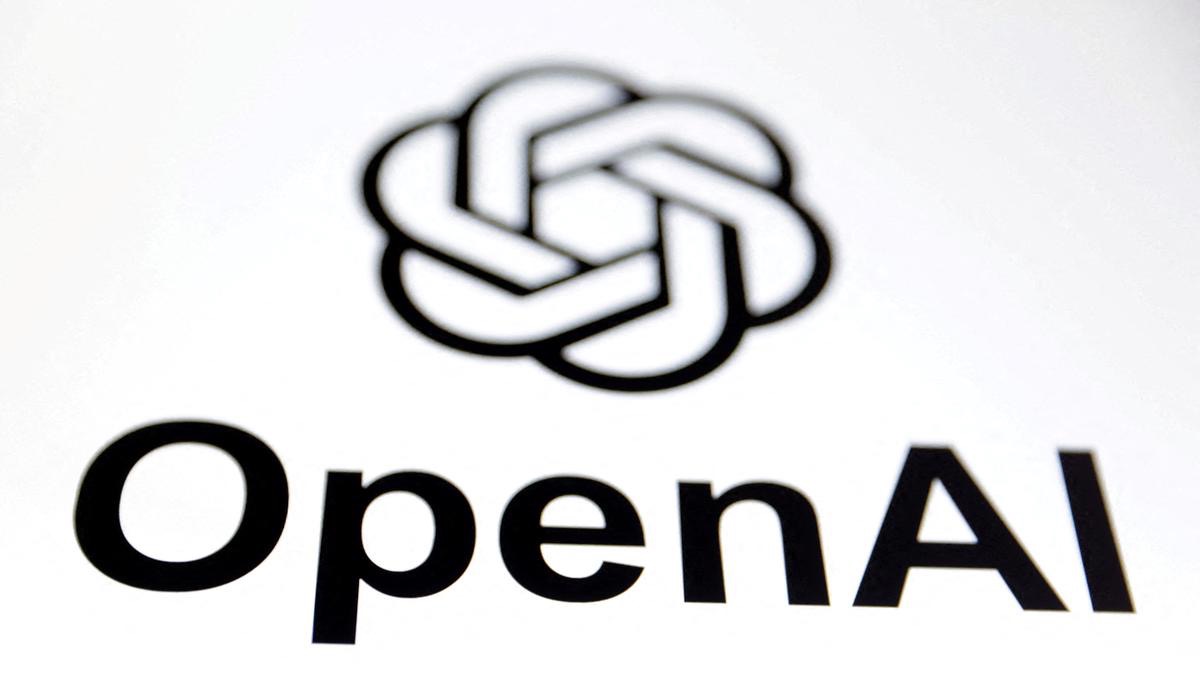By Payoshi Bisht
Body: Seeking to promote opportunities and elevate the standards of local human developers in developing nations, OpenAI has rolled out OpenAI Academy. In addition, OpenAI has provided an extra one million dollars in API credits. This is aimed at ensuring an equitable distribution of benefits, particularly to those with no access to sophisticated technology and gadgets.
Just like the initiative rolled out by Google, Cloud AI documentation, OpenAI Academy is also an innovative program that encourages the use of AIs by assisting people in low and middle-income countries. The program that includes the one million dollar API Credits aims to reduce several obstacles that these developers face such as inadequate training, lack of hardware and financial constraints.
The organization’s statement emphasized the potential outcomes of this undertaking: “Many countries are proud of their fast-growing IT parks, talented software engineers and innovative enterprises. Advanced education, however, and the relevant infrastructural facilities remained a significant challenge. Thus, It is important to note that it is feasible to turn the local industry around by investing in the local workforce and building competencies in AI-related areas.”
API credits are pre-established tokens which enable software developers to use sophisticated tools devoid of any financial commitment from them. These credits assist in the access of the OpenAI Application Programming Interface, which allows the embedding of its intelligence systems like GPT-4 into the users’ systems. In most instances, these credits are very beneficial to such software builders as are in locations where such technologies are very hard to come by due to financial constraints as they enable play and creativity.
Strategies in this type of initiative are directed at ensuring that communities have in such circumstances approximately $1 million worth of credits and help mitigate the problem by permitting developers from those communities to use advanced artificial intelligence tools to build solutions to the problems of the community – and not for profit.
As well as providing API credits, OpenAI will also engage in hosting incubators and competitions with the help of sponsors. The objective of these programs is to enhance innovation and investment in low and middle-income country organizations. It is with this intention that OpenAI aspires to promote the creation of these technological innovations through artificial intelligence that addresses the specific issues of these regions.
In the effort to be all-inclusive, it is also worth noting that OpenAI has sponsored the translation of the Massive Multitask Language Understanding (MMLU) benchmark into fourteen different languages, namely, Arabic, Bengali and Swahili. This will ensure that AI development tools and research are open to people who do not speak English thus promoting the use of AI.
